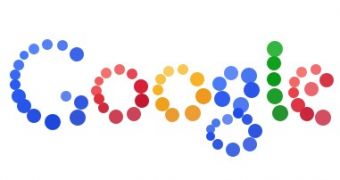Google Instant has been live for about two weeks now. The launch was met with a wave of commentary, either good or bad, and very few remained indifferent.
Everything from the death of SEO to a revolution in search was predicted. Yet, according to one SEO company users' behavior hasn't changed much.
That may or may not be true, but one thing that has certainly changes is users' perception.
According to a study by an analyst at Conductor, a SEO company, traffic hasn't changed much since Google Instant was introduced.
The study looked at how many words the queries used and found that the distribution was the same in the weeks before and after Google Instant.
This, according to the analyst, would indicate that user behavior hasn't changed. But the study doesn't show anything about what the users did before landing on the sites, how their searching behavior has changed, if at all, the details that matter.
And it may actually be too early to tell. Google Instant is a radical change in terms of users experience and most haven't yet adapted to the new system.
When people will stop hitting enter after they finish writing their query and start changing in on the fly, based on intermediary results, taking full advantage of Instant, we may start to see a more fundamental shift.
But there is one thing that has changed instantly, users' perception of what 'fast' is. As Search Engine Land notes, with a small press event and a few interviews from its all-star engineering team, Google was able to generate an enormous amount of hype.
Google Instant may be a big change, but it's just a UI tweak, everything else is the same. Users will get their results faster and may end up searching for something slightly different from what they originally had in mind, but the shift will likely be evolutionary.
Microsoft spent $100 million in marketing trying to position Bing as a "decision engine," which would help people get to the answer faster by providing context not just search results, and the benefits are marginal at best.
Google on the other hand was able to reclaim the 'speed' crown in one fell swoop with Instant, a feature which hard to ignore. Instant feels fast and it doesn't need a string of TV ads and marketing campaigns to explain it, people 'get it' straight away.

 14 DAY TRIAL //
14 DAY TRIAL //